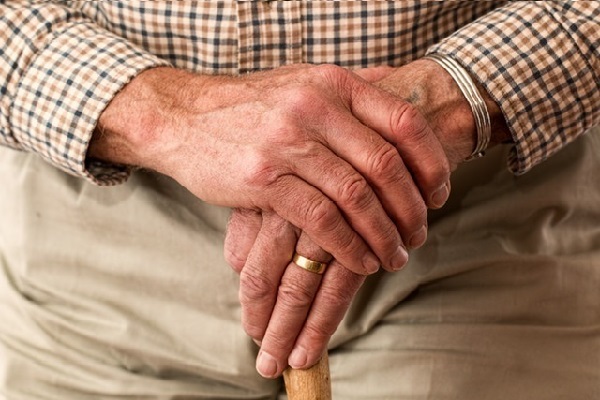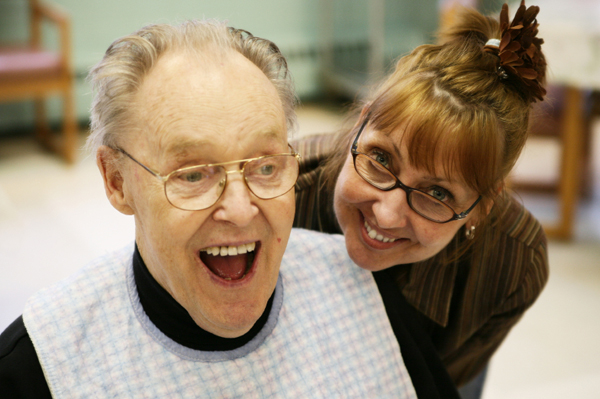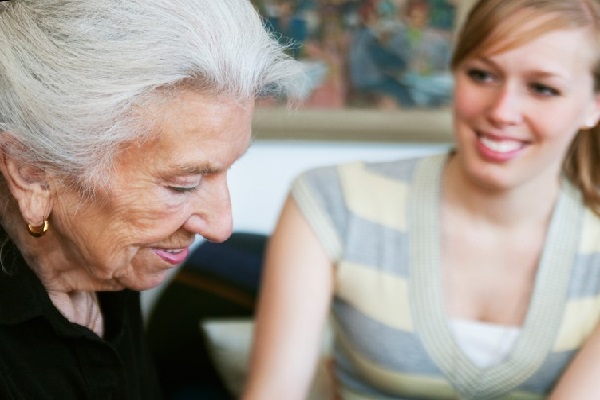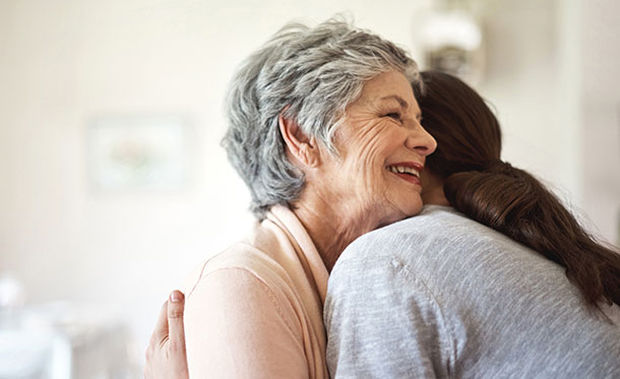10 Keys to caregivers in Alzheimer’s disease
-
What is it?
Alzheimer’s is a degenerative dementia that usually affects people over 65 years, although there are cases in children under 40 years. Its evolution is slow and progressive, frequently presenting deterioration of language, memory and / or recognition of objects and people.
-
PHASES
Initial
As a main symptom of oblivion, autonomous to perform the Basic Activities of Daily Life (ADL), but with difficulties for the concentration and reasoning of ideas.
Moderate
In which the company and support of family members / carers is more necessary. There are frequent moments of confusion and alteration, with difficulty in communication and social relationships, as well as, need for help in the basic ADL, to wash, choose the right clothes.
Advanced
In which the disorientation of people with Alzheimer’s Disease is total, as well as, their dependence, being necessary in most cases, that caregivers / relatives receive external support from qualified personnel.
-
LET DO
It is very important that the person with Alzheimer’s disease continue carrying out all the tasks they can, in the dress, toilet, … you just have to give support and guidance so that you do not forget the execution of these, the routine and the repetition of these tasks will help to slow down the “forgetting” of these tasks.
-
BE PATIENT
Both family members and caregivers have to give time for the person with Alzheimer’s to carry out all possible tasks, the way to help them is through guidance and imitation, helping step by step during the completion of tasks. Simplify the tasks as much as possible, you will see how you can do them without generating anxiety.
-
BENEFIT FROM SUPPORT PRODUCTS
Technical aids and visual guides to facilitate autonomy, you can use cutlery adapted to promote independence in food, colors and visual cues to differentiate objects and rooms, … all to facilitate the environment and autonomy. They will be very helpful.
-
HOW DO YOU HAVE TO COMMUNICATE WITH THEM.
It is very important to speak slowly, in a simple way and with short phrases, and to give time for him to be able to understand the message and react. Very important, that you try to maintain past social relationships and look for motivating and participatory activities for her / him.
-
KEEP A DAILY ROUTINE
It is important that you follow a constant schedule at bedtime and up, meals, hygiene, etc .. Also the same sequence in the ADL, you have to try to organize the order of the tasks to be performed.
-
ENCOURAGE HIM TO STAY ACTIVE.
It is necessary to maintain a good physical condition, doing exercise tables at home, maintaining walks and exits to the street. As well as, perform cognitive stimulation exercises to maintain the abilities of calculation, orientation, understanding and memory.
-
SUPPORT THE PHYSICIAN
You have to have continuous contact with your doctor and / or geriatrician, to be able to adapt the medical treatment as much as possible to the changes that are going to occur throughout the illness (mood alterations, behavior disorders, sleep disorders … ).
-
BEWARE
Not last, less important. The caregivers must receive support, it is a difficult and long task, that as the disease progresses, it carries more burden. It is essential that you maintain your social relations, if necessary go to a professional who helps you and never think that you have failed in the care of the person, YOU ARE THE BASIC PILLAR OF YOUR FAMILY’S WELFARE.
Source:innovaasistencial.com



